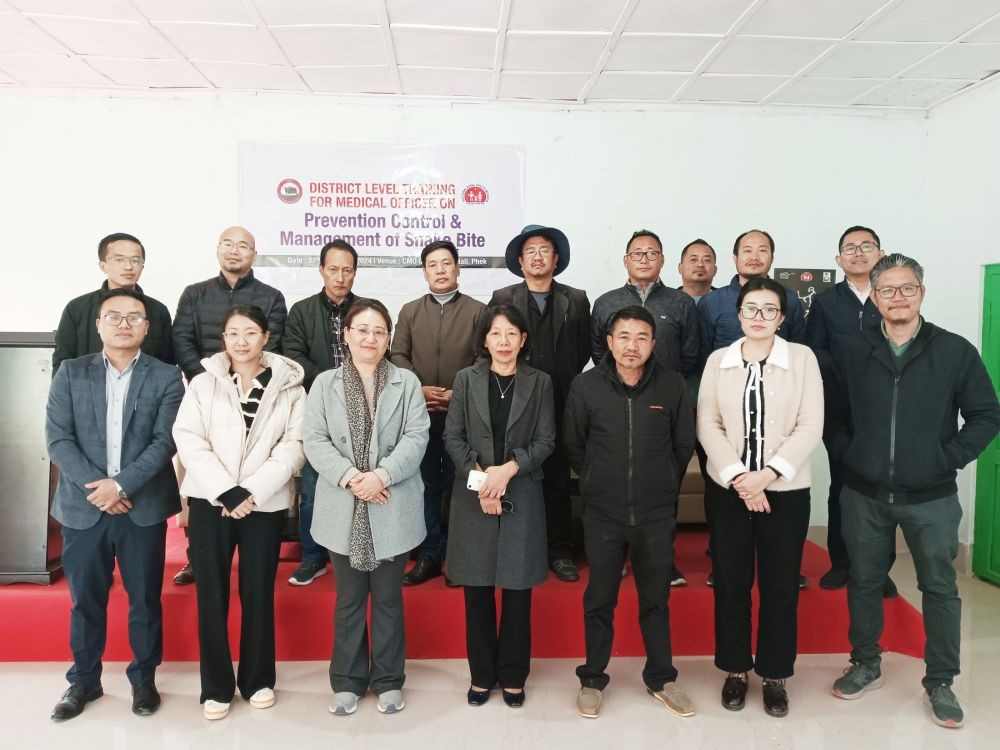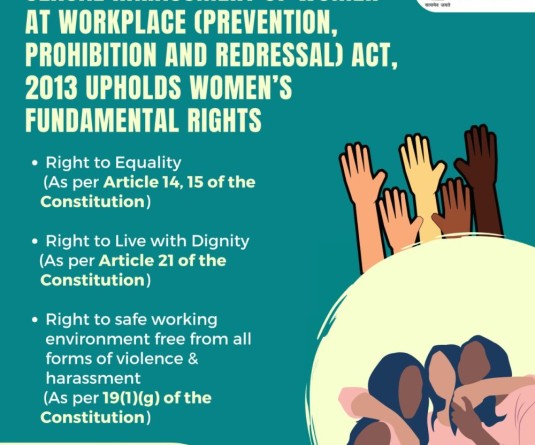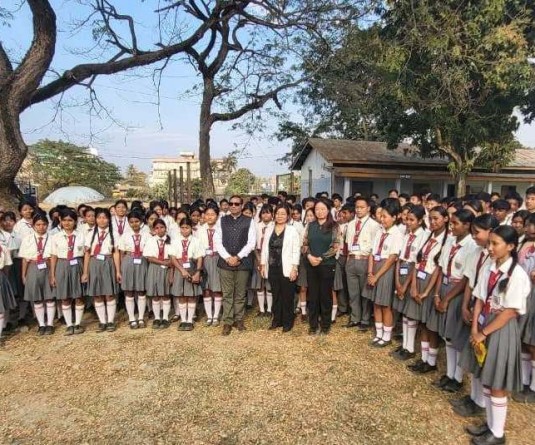Participants during the workshop on National Programme for Prevention and Control of Snake Envenoming and Rabies Control at CMO conference hall, Phek on November 27.

Phek, November 28 (MExN): The Integrated Disease Surveillance Programme (IDSP) under CMO Office conducted a one-day workshop on National Programme for Prevention and Control of Snake Envenoming and Rabies Control at CMO conference hall, Phek on November 27.
Snakebite is an acute life-threatening time limiting medical emergency. It causes thousands of deaths and disabilities every year which is a serious issue in tropical regions, a press statement from the District Media officer, NHM Phek stated.
Resource person, Dr Wemeri Khutso MO DH, shared that quick treatment with anti-snake venom (ASV) is crucial, but access to care and ASV shortages remain a major challenge.
In this regard he informed that a unified plan involving health and other sectors is needed to reduce deaths and improve treatment. He highlighted the historical perspective of snakebite prevention and Control in India, epidemiology of snakebite and also presented on the strategic components of National Action Plan for snakebite envenoming. Strengthening of health facilities for snakebite management at primary Health Care Centre and at District Hospital level was shared. The Do’s and Don’ts during a snakebite were presented, along with a list of venomous snakes found in Nagaland.
Another resource person, Dr Vepfuhu Kezo, MO CHC Pfutsero, spoke on the management of snake bite, highlighting the first aid treatment protocol. The protocols for initial management of snakebite at CHC/PHC were also presented. The other topics included management of snakebite in general, severe, current, local envenoming, ASV administration criteria etc.
Dr. Rebecca Y Sema, District Nodal Officer for National Rabies Control Program, highlighted the aim and objective of NRCP which is to achieve the Global Target for ‘Rabies-Zero by 2030’.
The Rabies virus & Mode of Transmission, Pathogenesis of Rabies wound Management, suturing of the womb etc were presented. She also informed the trainees that the rabies vaccine is available free of cost at District hospitals (DH), Community Health Centres (CHC) & Primary Health Centres (PHC).






